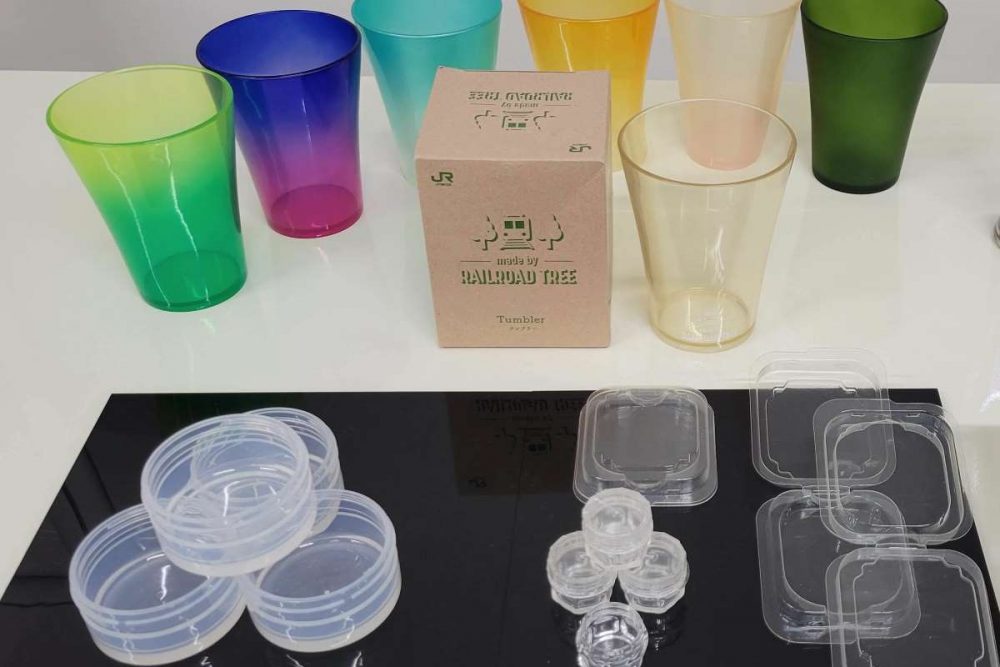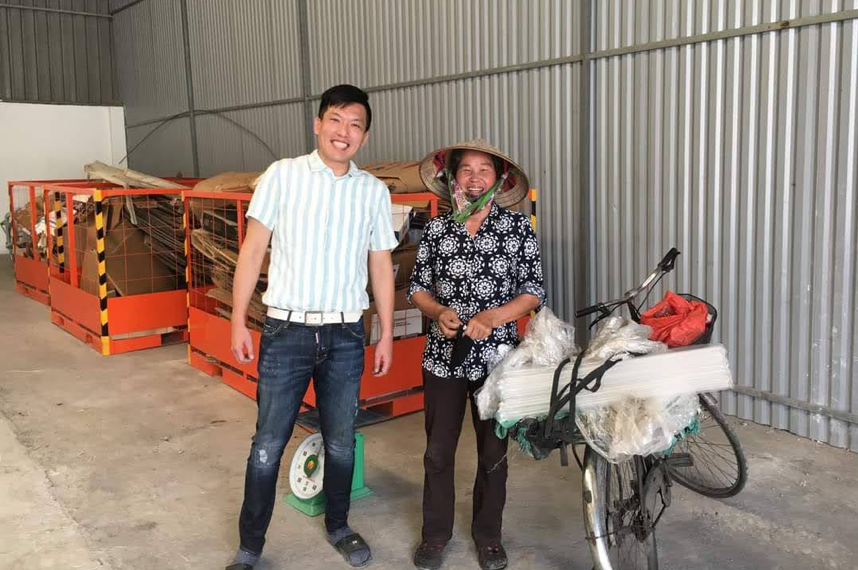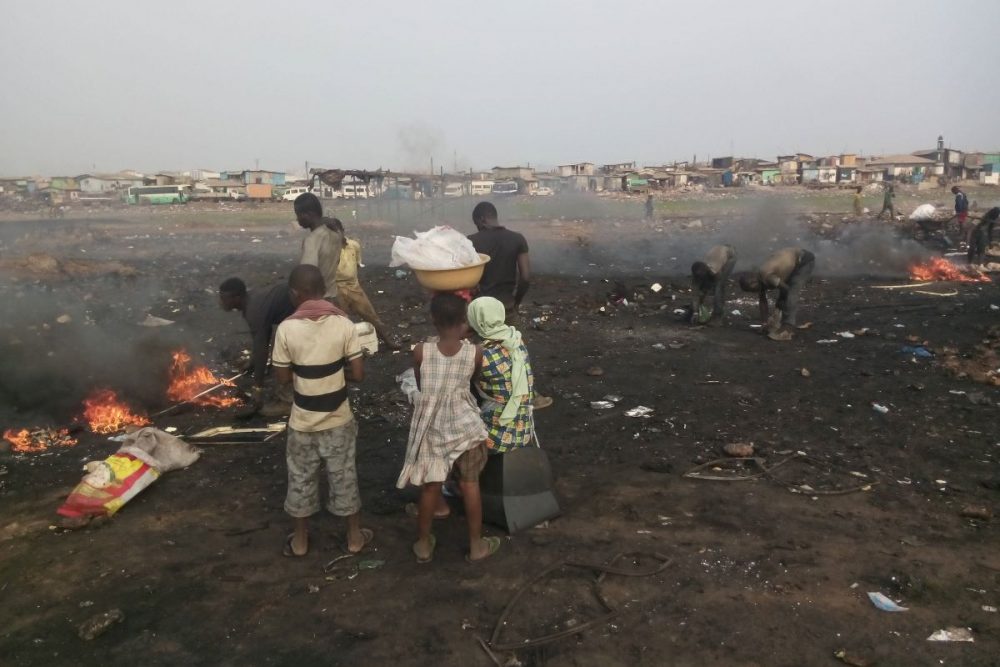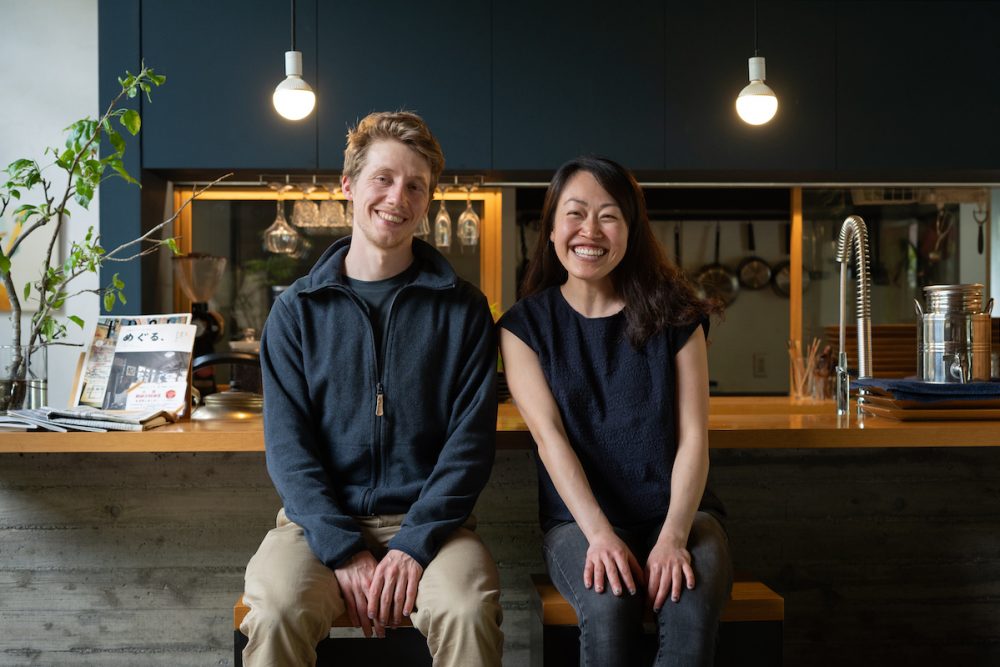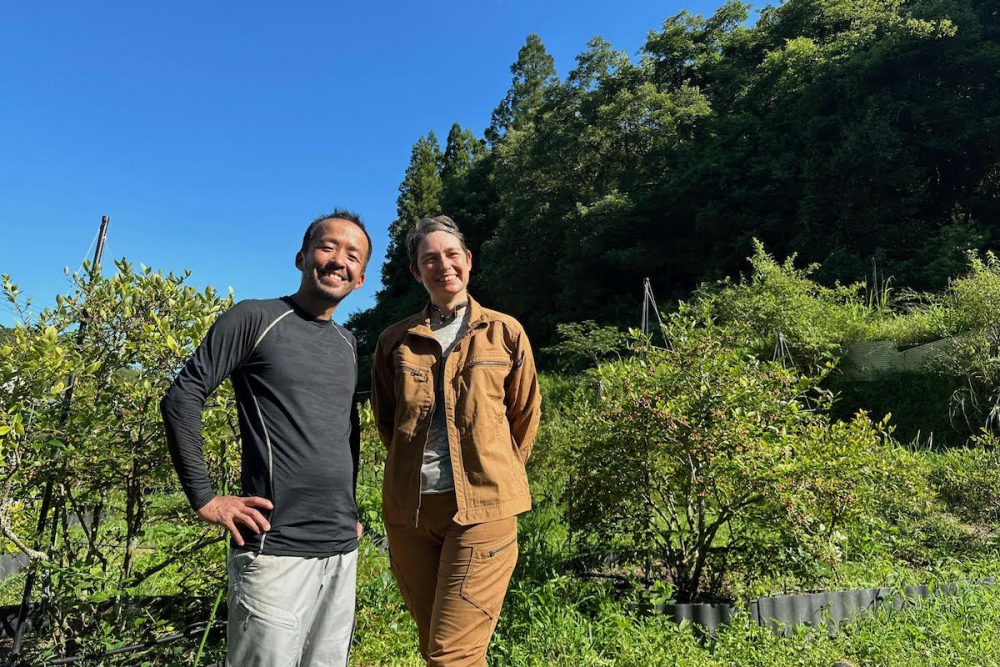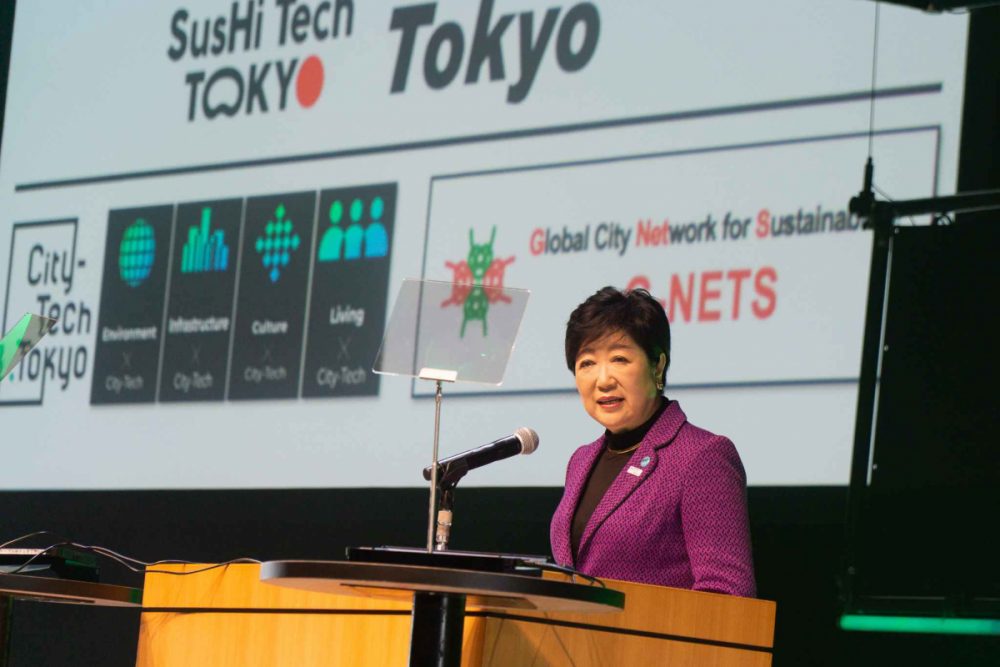[Global to Local] Joy Jarman-Walsh: Promoting Sustainable Tourism in Hiroshima and Beyond
Since launching a business devoted to promoting sustainable tourism, Joy Jarman-Walsh has been working to support local economies and preserve their traditions.
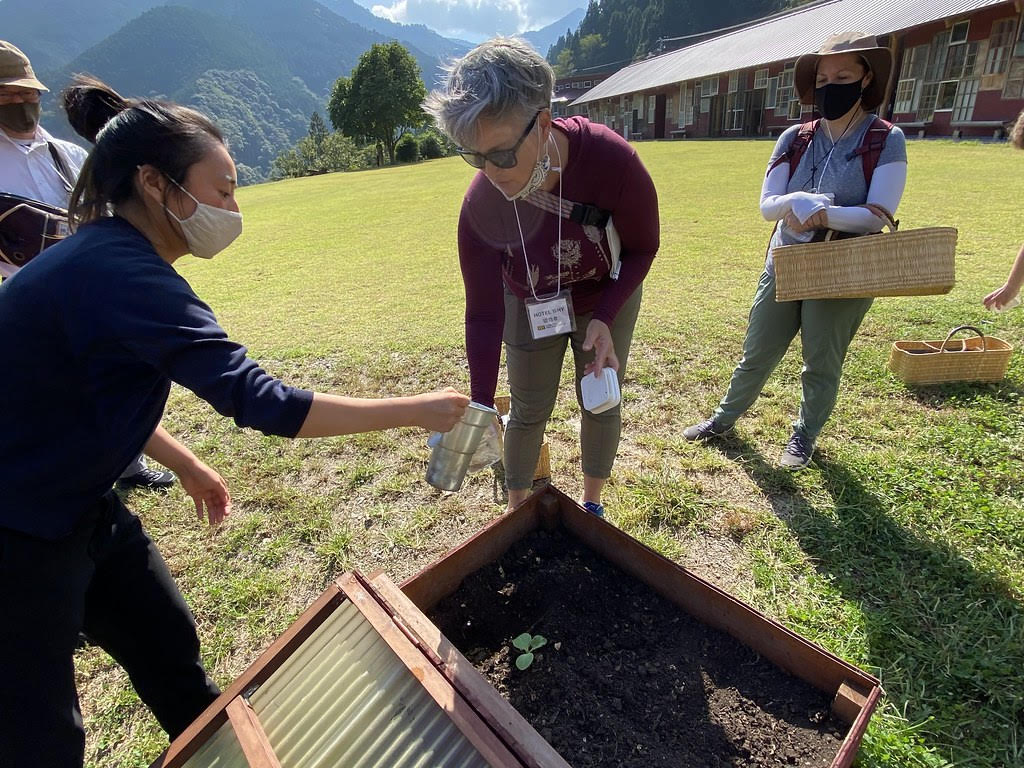
As a sustainable tourism consultant, Joy Jarman-Walsh thrives on facilitating connections and sharing knowledge to create a better future for everyone. Based in the city of Hiroshima, Jarman-Walsh left her academic career in 2019 to establish Inbound Ambassador. The busy American teaches online courses focused on sustainable travel and storytelling, hosts virtual and in-person guided tours around Hiroshima, and offers her services to businesses and organizations. She also runs a regular talkshow-podcast called Seek Sustainable Japan (SSJ).
How did your passion for connecting people and places start?
In the mid-90s I was obsessed with writing postcards during a two-year backpacking trip around Asia and Europe. It allowed me to connect the people I love with the amazing things I was seeing. After settling in Hiroshima, a developer friend offered my husband, Paul, and I a free website build. We decided to share our insights with international residents and visitors. And so GetHiroshima was launched.
Where have you taken GetHiroshima?
We started with place, event, and destination articles and expanded it over the years with a city map for visitors and a magazine. Now, 23 years later, it includes a lively and supportive online community of Japanese and international locals, as well as visitors.
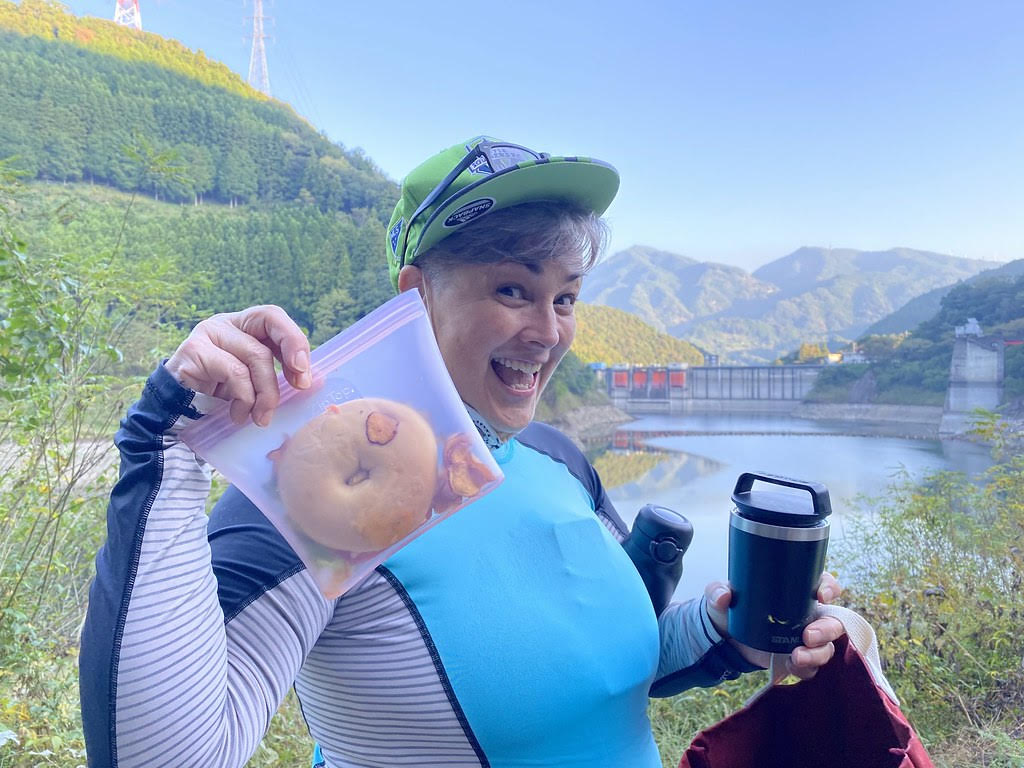
What was it like to leave an established teaching career to become a sustainability and tourism consultant?
After 25 years teaching in classrooms, a transition to helping local guides build confidence in storytelling, while learning examples of sustainability, has been very positive. Thanks to my years of working on inbound travel consulting, I’ve connected with businesses and destinations who want to appeal to international travelers. Once I have a chance to talk with them, I can add insights on how a sustainability strategy is an effective way to create stand-out appeal.
Meeting Challenges
What challenges have you faced after moving to this line of work?
One of the biggest shocks is how much the travel industry in Japan expects people to work for free, or for very low payment – even qualified guides or skilled consultants working on tour development. It’s obvious that we need good people to be paid well, and to stay in the industry, in order for it to be sustainable and appealing to the international market!
Tell us about one of your recent consulting projects.
I did a transport audit, advising on how to make stations, trains, buses, and trams more accessible for the international tourist in Hiroshima. Hiroshima is blessed with great public transportation services, but improving signage is complex. Advice from international consultants can help managers see things from a new perspective. I also suggested adding more EVs (electric vehicles) to the sightseeing bus fleet and switching to more recyclables at shops and vending machines (instead of plastics). Another recommendation was to add water bottle refilling machines at all of the stations. This waste-free service would boost health and value for locals and visitors alike.
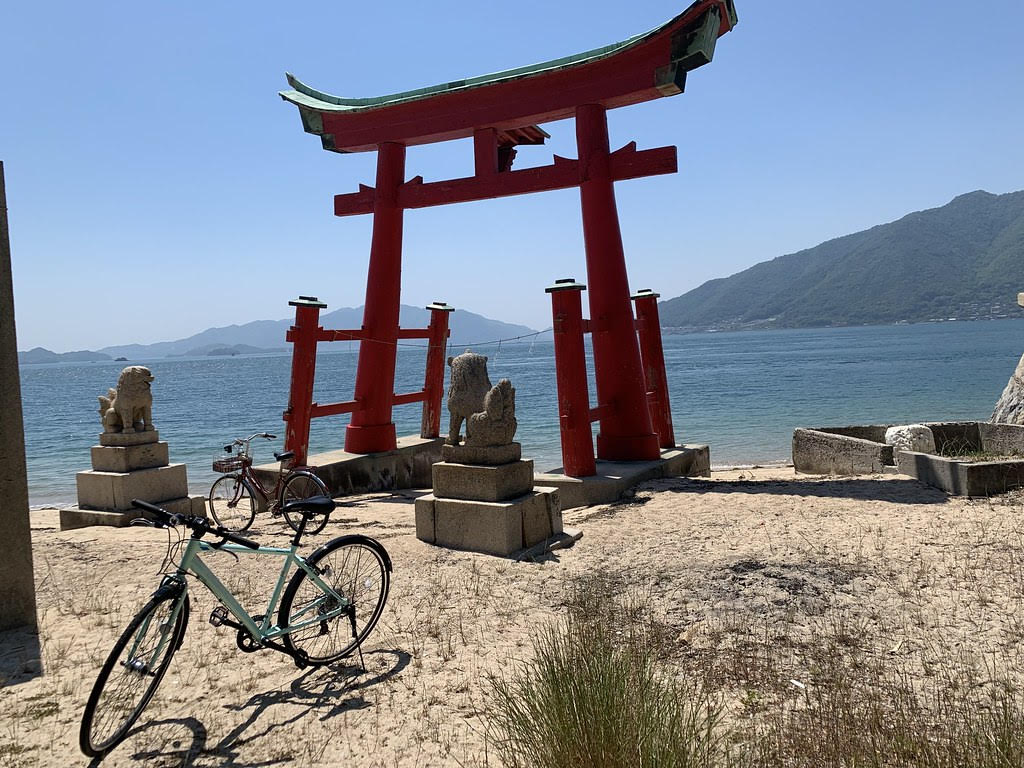
What’s coming up for you?
I’m launching a tour guide hub through Inbound Ambassador to offer sustainable tours in Hiroshima. For example, none of our tour guides use PET drink bottles, waribashi (disposable chopsticks), or oshibori (disposable wet hand towels). We also promote so many great products and services which visitors will love – and which support the local economy while preserving local traditions, crafts, and culture. Also, my in-person training courses are expanding to rural areas this year. It would be amazing to see more international visitors spend time in these incredible places!
Sustainable Tourism in Japan
Where is Japan heading with sustainable tourism?
The industry managers with whom I’m consulting see the demand from international visitors and are actively engaged to create a more sustainable brand. To be successful in this transition, the best strategy is to hire outside sustainability consultants (like me), or third-party certification companies who can work with them.
What is one of your favorite examples of a successful and sustainable Japanese tourism business?
The Lantern Onomichi Garden (LOG) hotel in the city of Onomichi in Hiroshima Prefecture is a great one. It was rebuilt out of an old apartment block and abandoned houses – we know so much waste and environmental damage comes from destroying old and creating new buildings. The hotel composts food waste, and creates jobs and economic support for the rural area while promoting equality of women in management.
Another exciting example is Akitakata in rural Hiroshima, famous for its kagura (sacred ceremonial dance) troupes. Led by young entrepreneurs who have moved to the area for a better work-life balance, there are also local organic farms, high-caliber eateries, and renovated minka stays for visitors to enjoy.
Any simple tips for readers who are keen to support sustainable tourism but not sure where to start?
The most powerful thing customers can do in Japan is ask! Ask if vegan options are available even if you eat meat. There are many things you can ask about: plastic-free stays at hotels, where and how local products are made, renewable energy use, and composting. These questions are powerful, and the people you talk with are spurred to action by your questions!
What about for international travelers keen to explore beyond the "golden triangle" of Tokyo-Osaka-Kyoto?
Hire a local guide in each new city for at least half a day, gaining key insights and connections to the area and enhancing your travel experience. This is a win-win for locals and visitors alike!
Creating Connections
Please tell us a bit more about the Seek Sustainable Japan (SSJ) talkshow and podcast.
SSJ started in 2020 when it became impossible to do any in-person training and consulting at the start of the pandemic. I focused on creating a positive, informative show that highlights guests' work using the motto, "Good people doing great things in Japan." It’s wonderful to see that being on the show has helped many of my guests connect with a wider audience.
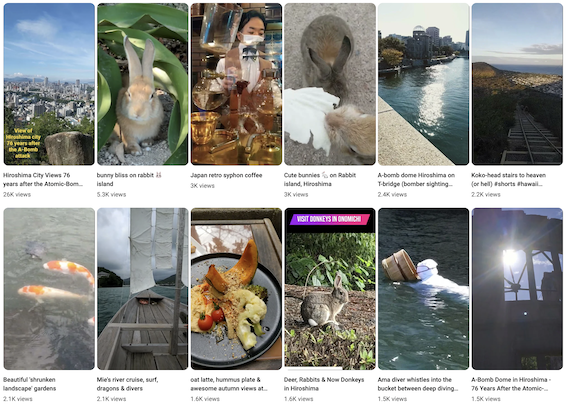
What about new connections for you as the host of SSJ?
Just as one example, I was asked to speak at the 2022 Minka Summit in Kyoto. I will also host a panel with experts on minka (traditional Japanese homes) in Aichi Prefecture in April 2023. In 2022, it was a dream come true for me to introduce two experts whose work was so connected. They had both been on SSJ, but had never previously met. SSJ has a kind of connectivity magic and has become an incredible database of diverse insights on the many facets of sustainability in Japan, and beyond!
Finally, where can people learn more about you?
I would love to reach out to readers – if you know of anyone in Japan focused on improving our quality of life through positive social and environmental impacts, please recommend them for my SSJ talkshow! Also, please subscribe to my YouTube channel, comment, share, and join as a monthly member to support the sustainable Japan-focused content! If you are traveling to Hiroshima, please drop me a DM on social media to book a deep-insights sustainably-guided tour catered to your interests.
You can follow Joy Jarman-Walsh on Twitter, Instagram or Facebook.
Louise George Kittaka is a bilingual writer and content creator from New Zealand. She writes for numerous media platforms and also lectures at Shirayuri Women’s University in Tokyo.






